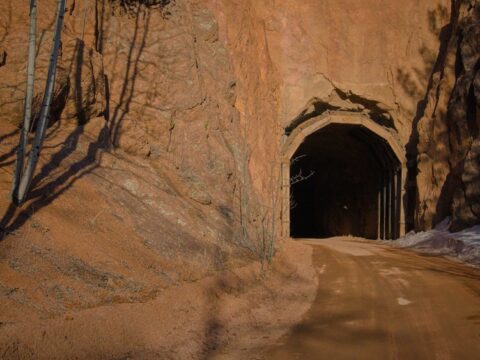Off-roading can be an exhilarating adventure, but it’s important to be well-prepared before hitting the trails. Experienced enthusiasts have valuable tips that can help you stay safe and make the most of your off-road experience. Here are some tips off-road enthusiasts wish you knew before hitting the trails.
Contents
Know Your Vehicle’s Capabilities
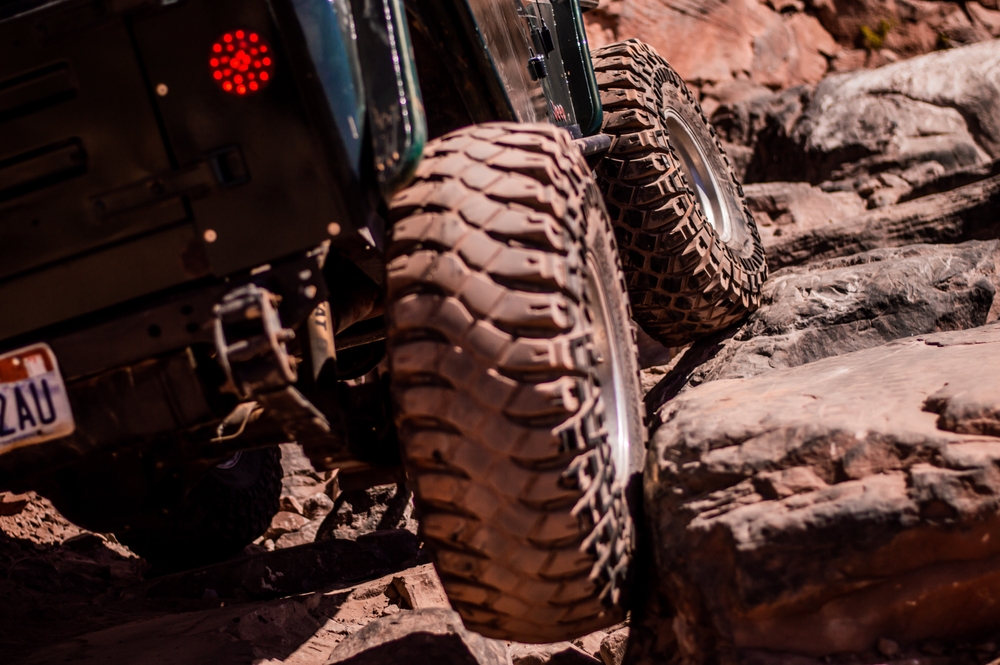
Before hitting the trails, it’s essential to understand the capabilities and limitations of your off-road vehicle. Different vehicles have varying ground clearance, approach and departure angles, and four-wheel-drive systems. Knowing these details will help you navigate obstacles safely and avoid getting stuck or damaging your vehicle. For example, a Jeep Wrangler has excellent ground clearance and articulation, making it suitable for rocky terrains, whereas a stock SUV might struggle. Understanding your vehicle’s specifications and practicing on easier trails first can build your confidence and skills.
Always Carry Recovery Gear
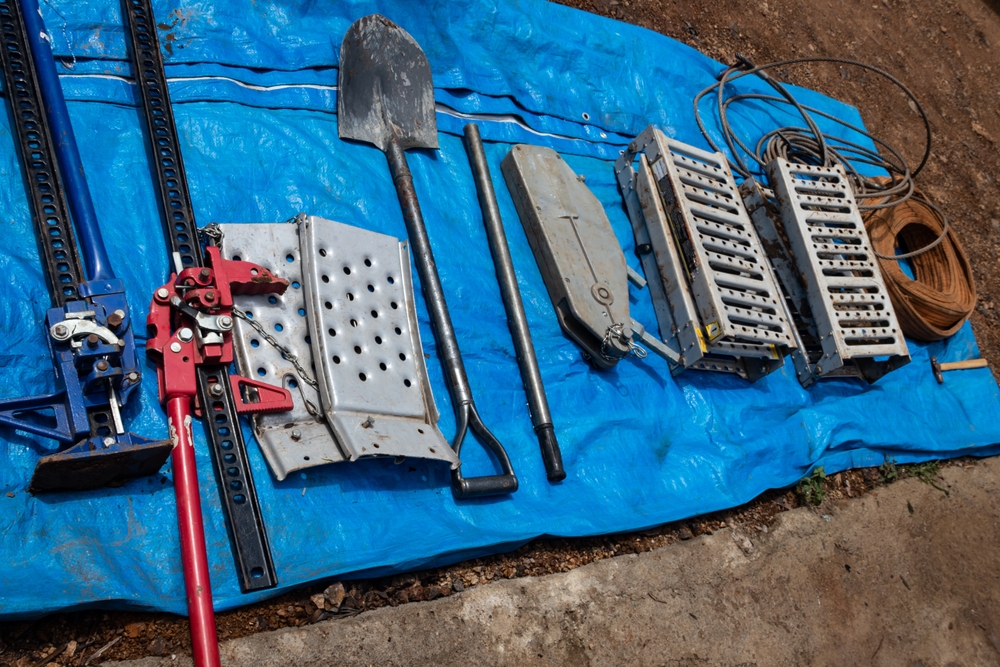
Recovery gear is crucial for off-road adventures. Items like a tow strap, D-shackles, a high-lift jack, and a winch can help you get unstuck or assist others in need. Additionally, a shovel, traction boards, and a tire repair kit can be lifesavers in challenging conditions. It’s not enough to have these tools; you should also know how to use them properly. Taking a recovery course or practicing with experienced off-roaders can ensure you’re prepared for any situation.
Check and Adjust Tire Pressure
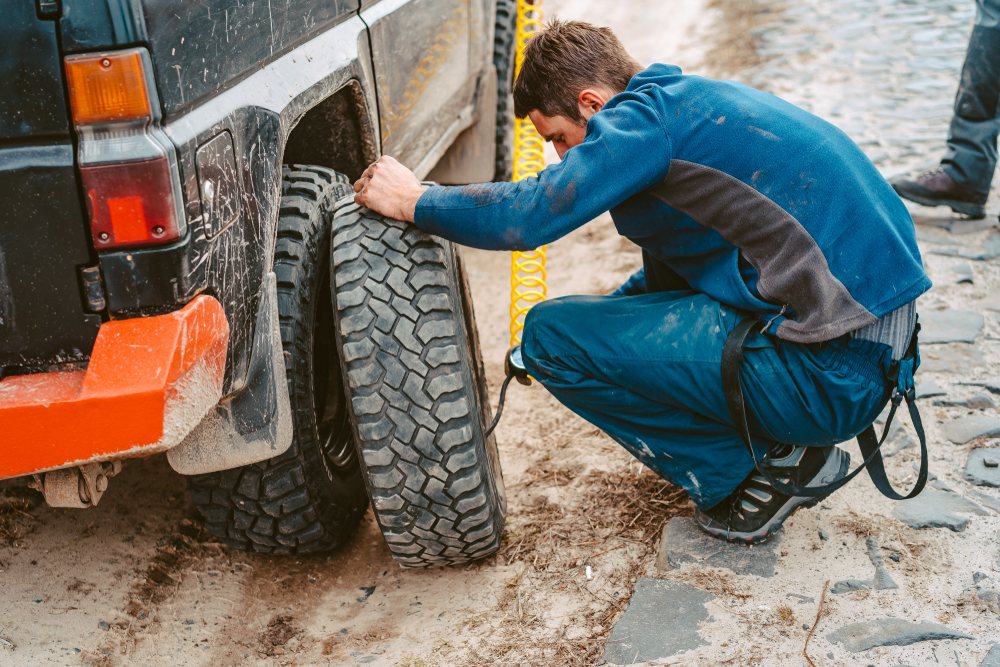
Proper tire pressure is vital for off-road driving. Lowering your tire pressure can improve traction by increasing the contact patch of the tire with the ground, especially in sandy or rocky terrains. However, it’s important not to deflate them too much, as this can damage the tire and rim. Using a tire pressure gauge and portable air compressor allows you to adjust tire pressure as needed and reinflate them once you’re back on paved roads. Typically, reducing tire pressure to around 20 PSI is a good starting point, but always refer to your vehicle and tire manufacturer’s recommendations.
Use the Buddy System
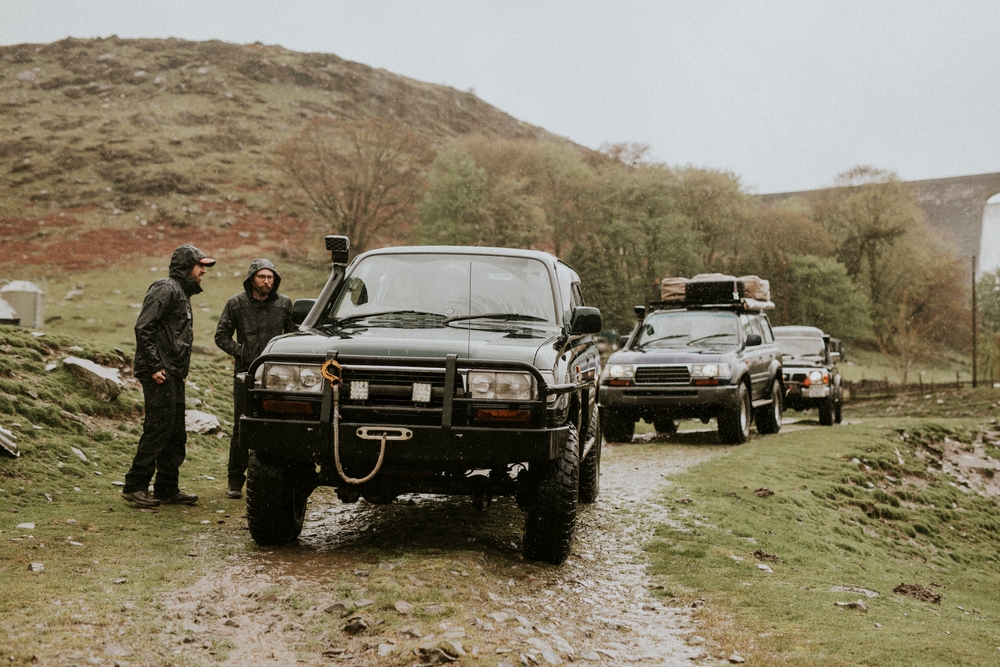
Never go off-roading alone. Having a buddy vehicle provides additional safety and assistance if you encounter trouble. Another vehicle can help with recovery efforts, provide spare parts, or even offer a ride out if your vehicle becomes inoperable. Communicating and planning with another off-road enthusiast ensures that you have backup and support, making the adventure safer and more enjoyable.
Understand Trail Etiquette
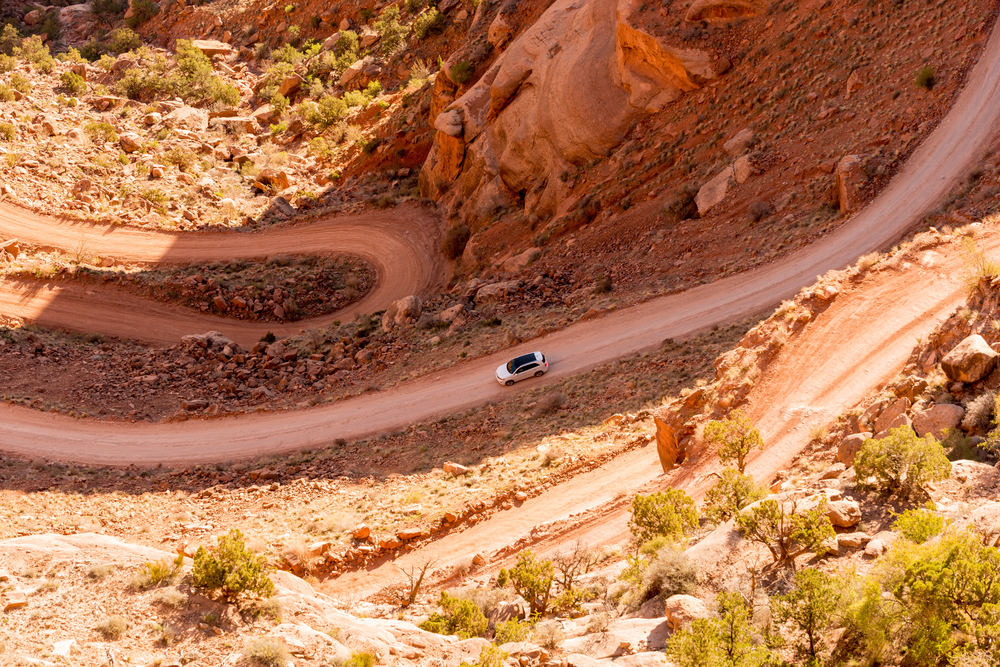
Trail etiquette is important for maintaining a safe and enjoyable off-roading experience for everyone. Always yield to uphill traffic, as it’s harder for them to start again if they stop. Stick to designated trails to protect the environment and avoid damaging sensitive ecosystems. Leave gates as you found them and pick up any trash you see, even if it’s not yours. Practicing good trail etiquette helps preserve trails and ensures that they remain open for future use.
Plan Your Route
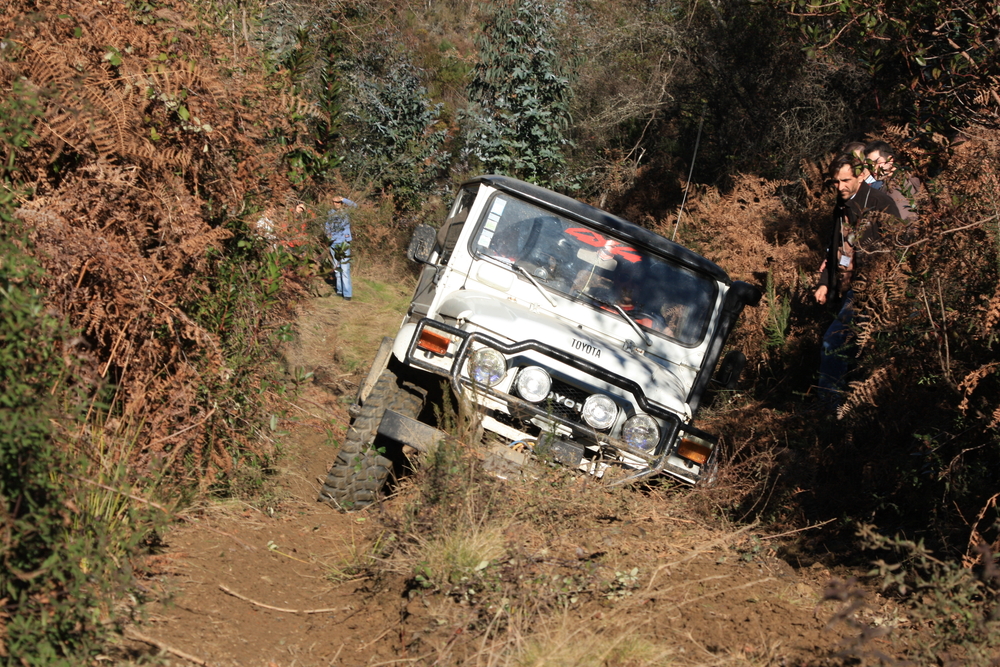
Planning your route in advance can prevent getting lost and help you prepare for the terrain you’ll encounter. Use maps, GPS devices, and apps designed for off-roading to chart your course. Research the trail’s difficulty level, length, and any obstacles you might face. Inform someone of your plans and expected return time. This preparation ensures that you’re ready for the journey and can handle any challenges along the way.
Bring Plenty of Water and Food
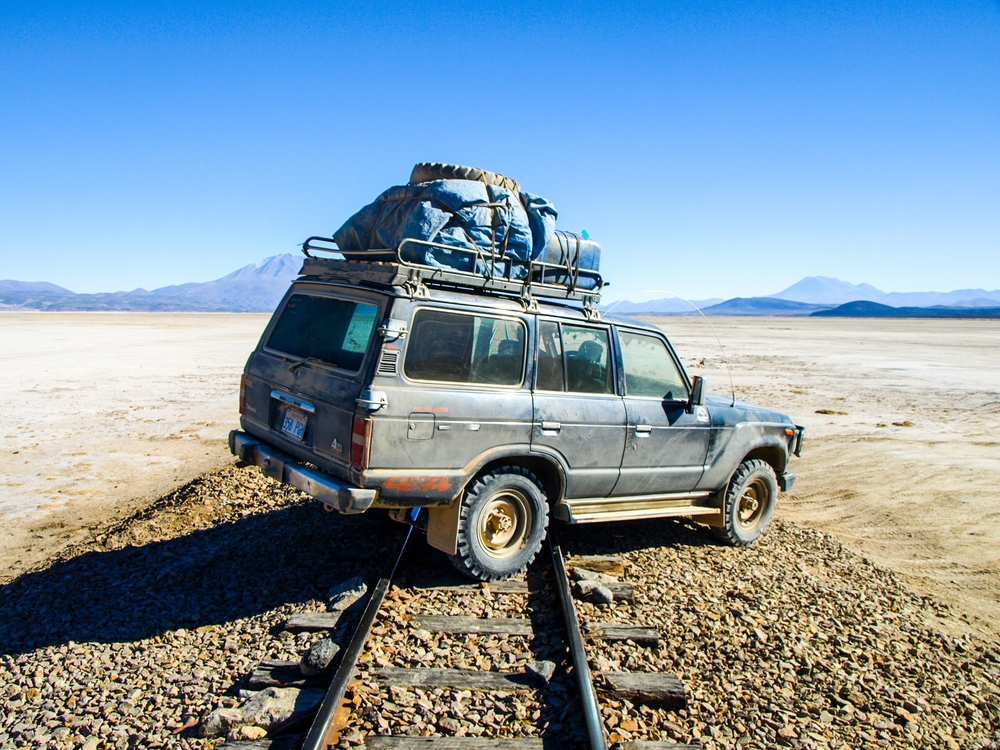
Off-roading can be physically demanding, and you might be out longer than expected due to unforeseen circumstances. Always bring plenty of water and non-perishable food to keep you hydrated and energized. Pack more than you think you’ll need, as you might end up sharing with others or staying overnight unexpectedly. Hydration and nutrition are crucial for maintaining your energy and focus, especially in remote areas.
Know Basic Vehicle Maintenance
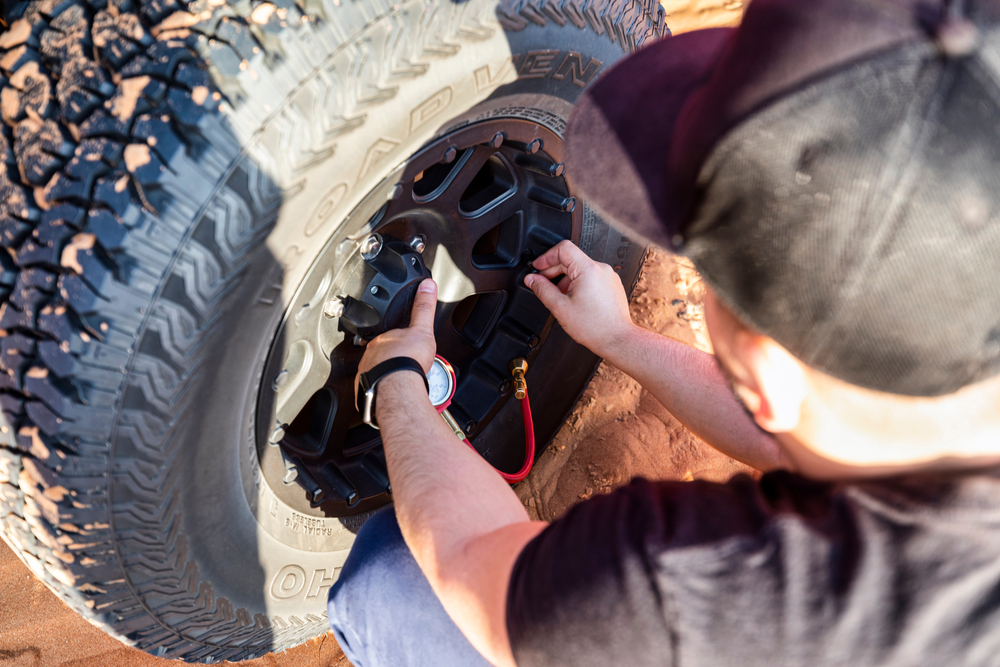
Understanding basic vehicle maintenance can prevent minor issues from becoming major problems. Learn how to check and change your vehicle’s fluids, replace a tire, and troubleshoot common issues like overheating or electrical problems. Carry spare parts such as belts, hoses, and fuses, and have the necessary tools to make repairs. Being able to perform basic maintenance can keep you moving and prevent being stranded on the trail.
Pack an Emergency Kit
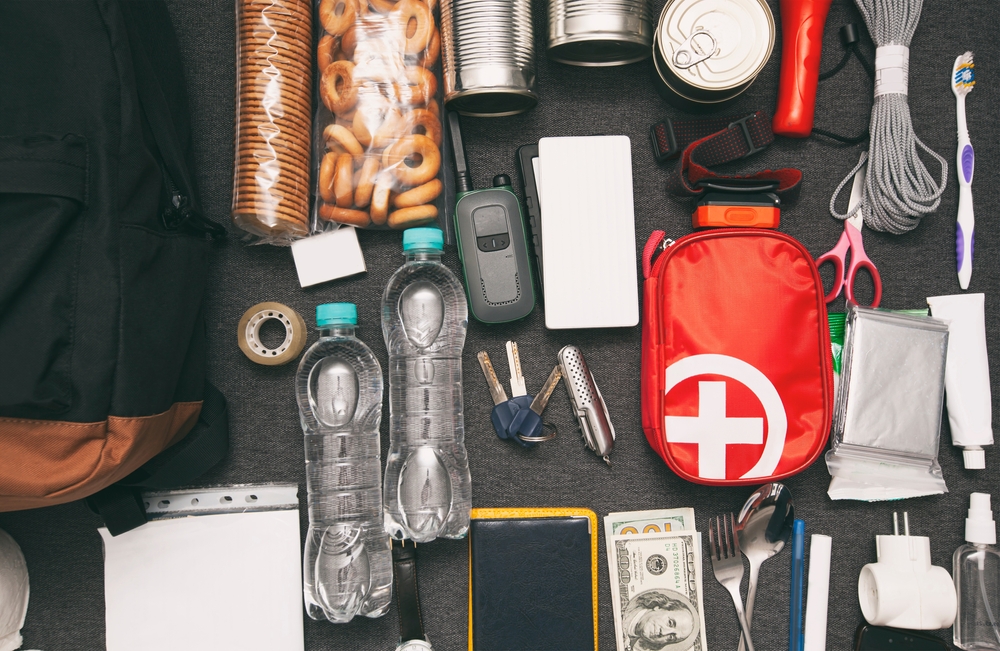
An emergency kit is essential for off-road adventures. It should include first aid supplies, a fire extinguisher, a flashlight with extra batteries, a multi-tool, and emergency blankets. Additionally, include a whistle, signal mirror, and an emergency communication device like a satellite phone or personal locator beacon if you’re venturing into remote areas. An emergency kit ensures that you’re prepared for any situation and can handle injuries, fires, or getting lost.
Use the Right Driving Techniques
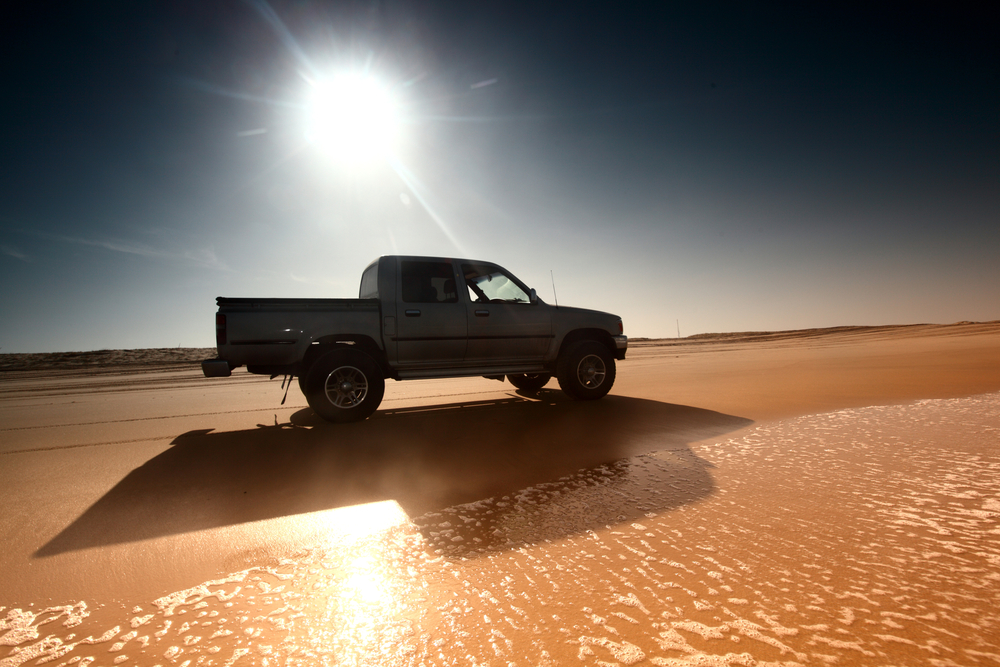
Different terrains require different driving techniques. For example, when driving on sand, keep your speed steady and avoid sharp turns to prevent getting stuck. In mud, use a lower gear and gentle throttle inputs to maintain traction. On rocky terrain, go slow and use a spotter if necessary to navigate obstacles safely. Understanding and practicing the correct driving techniques for each type of terrain can prevent accidents and improve your off-roading skills.
Stay Within Your Skill Level
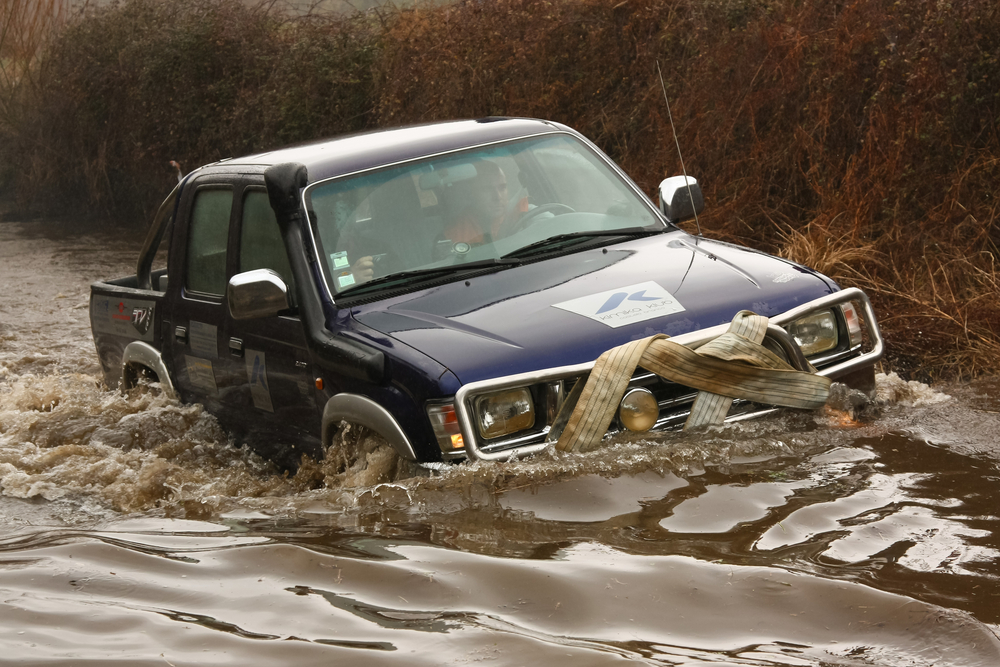
It’s important to recognize your skill level and not attempt trails that are beyond your capabilities. Starting with easier trails allows you to build confidence and experience. Gradually progress to more challenging routes as you become more comfortable and skilled. Pushing beyond your limits can lead to accidents, vehicle damage, and unsafe situations. Knowing your limits and progressing at your own pace ensures a safer and more enjoyable experience.
Check Weather Conditions
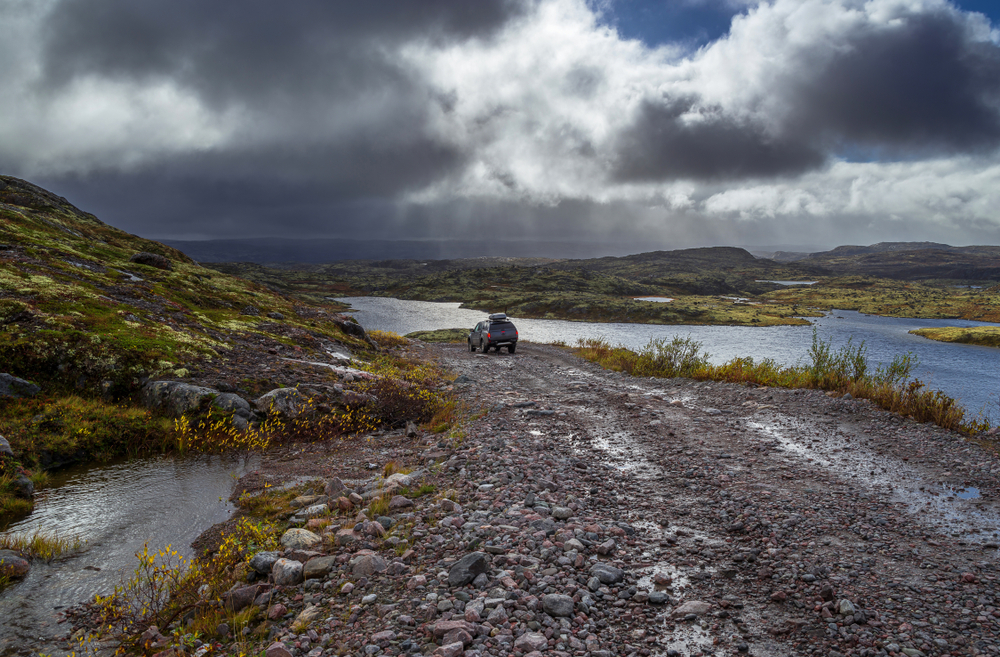
Weather can significantly impact trail conditions and your safety. Heavy rain can turn dry trails into muddy messes, and snow can make navigation difficult and dangerous. Always check the weather forecast before heading out and be prepared for sudden changes. Pack appropriate clothing and gear for the conditions, and consider rescheduling if severe weather is expected. Staying informed about the weather helps you plan better and avoid hazardous situations.
Communicate with Others
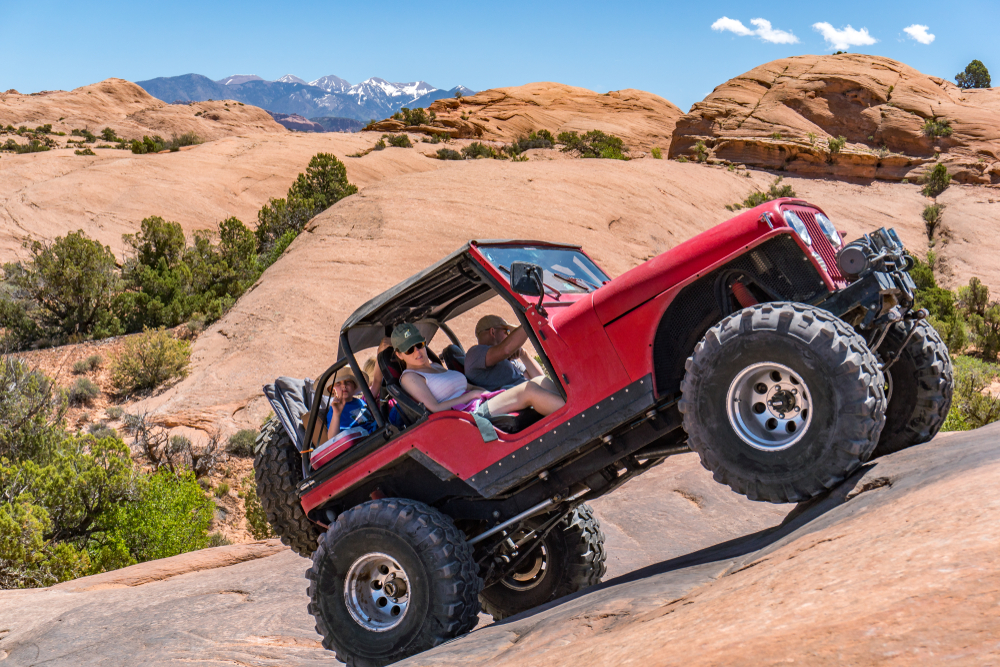
Effective communication is key when off-roading, especially in a group. Use two-way radios or CB radios to stay in contact with other vehicles. Establish hand signals or horn honks for situations where verbal communication isn’t possible. Keeping in touch ensures that everyone knows the plan, can share information about obstacles or hazards, and can coordinate recovery efforts if needed.
Know How to Use 4WD
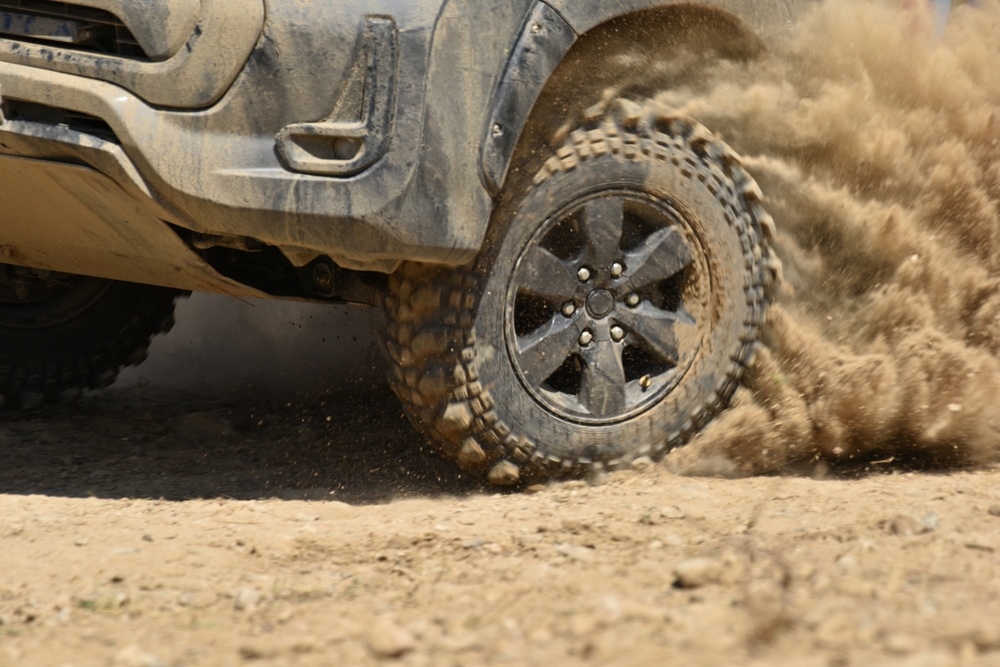
Understanding how and when to use your vehicle’s four-wheel drive (4WD) system is crucial for off-roading. Engage 4WD before you encounter challenging terrain, not when you’re already stuck. Learn the differences between 4WD high and low settings and when to use each. Practice using your 4WD system in controlled environments to become familiar with its operation. Proper use of 4WD improves traction and control, helping you navigate difficult trails safely.
Respect Wildlife
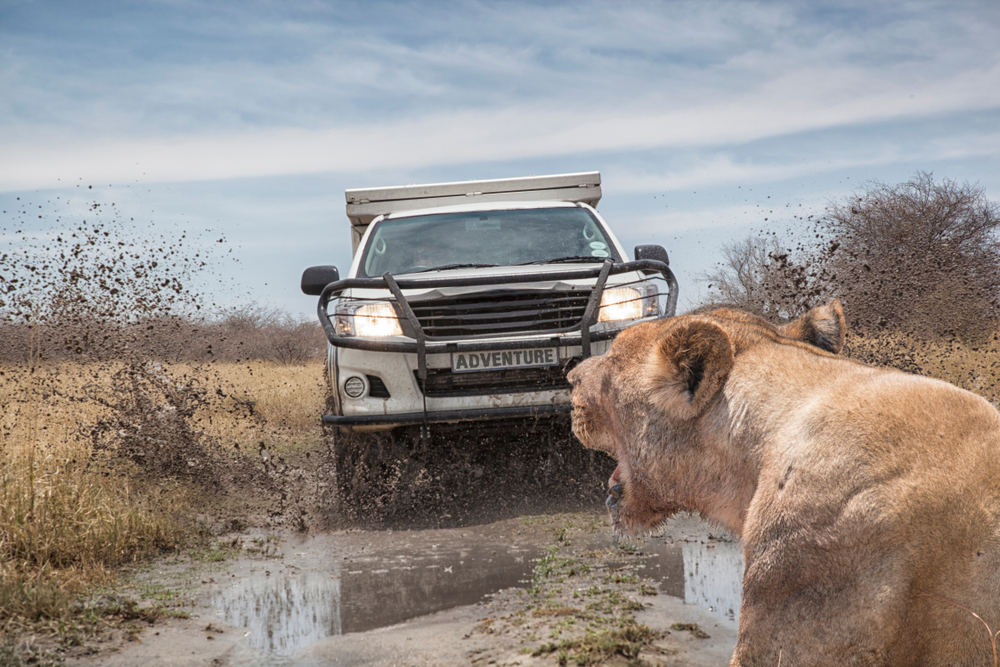
Respecting wildlife is important for your safety and the preservation of natural habitats. Observe animals from a distance and never approach or feed them. Avoid driving through sensitive areas where wildlife might be nesting or foraging. Stay on designated trails to minimize your impact on the environment. By respecting wildlife, you help protect the ecosystem and ensure that future generations can enjoy the same natural beauty.
Secure Your Gear
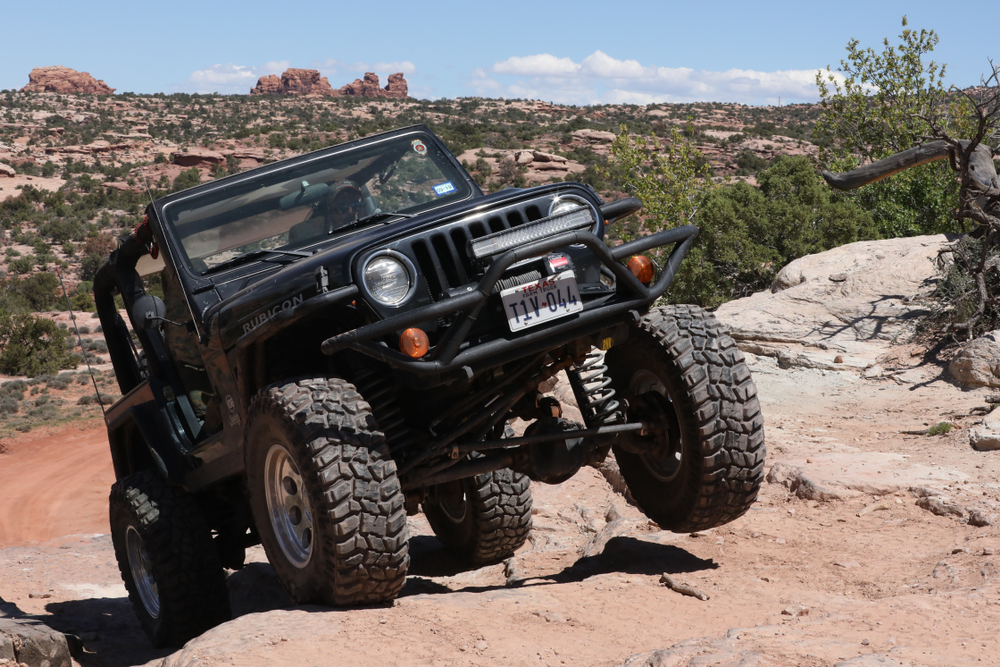
Loose gear inside your vehicle can become dangerous projectiles on rough trails. Secure all items, including recovery gear, tools, and personal belongings, to prevent them from moving around. Use cargo nets, straps, and storage bins to keep everything in place. Securing your gear not only keeps you safe but also ensures that your equipment is easily accessible when needed.
Understand Tread Lightly Principles

The Tread Lightly principles promote responsible off-roading to protect natural resources and ensure trails remain open. These principles include staying on designated trails, avoiding sensitive areas, respecting wildlife, and minimizing your impact. Familiarize yourself with these guidelines and practice them on every off-road trip. By following Tread Lightly principles, you contribute to the preservation of off-roading areas for future use.
Be Prepared for Emergencies
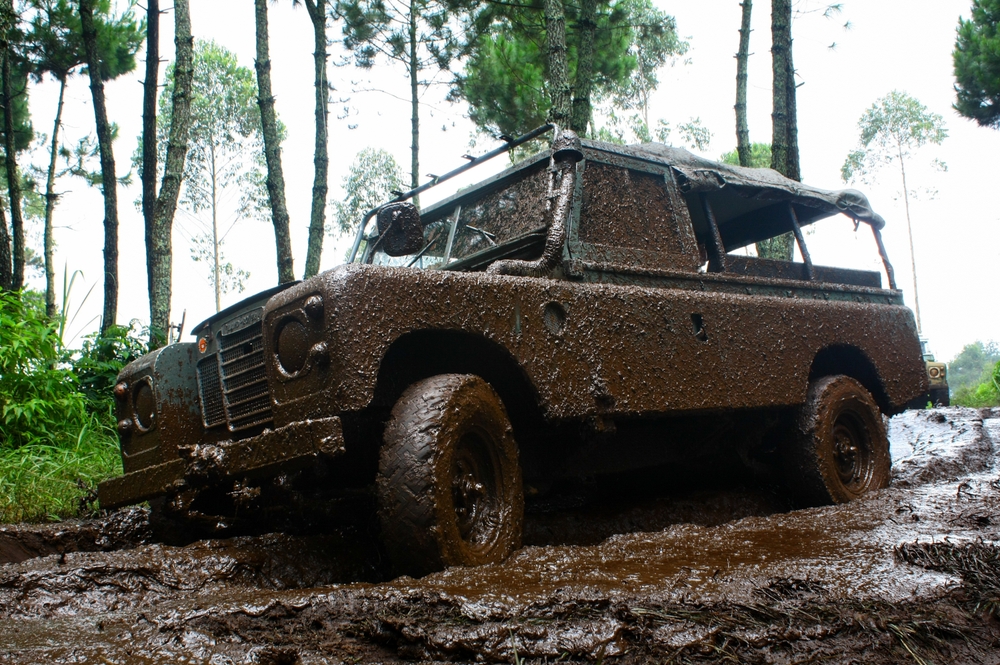
Despite all precautions, emergencies can still happen. Be prepared with a plan for various scenarios, such as getting stuck, vehicle breakdowns, or injuries. Have a list of emergency contacts, including local towing services and off-road recovery specialists. Carry a detailed map and know your exact location at all times. Being prepared for emergencies ensures that you can handle unexpected situations calmly and effectively.
Practice Safe Winching
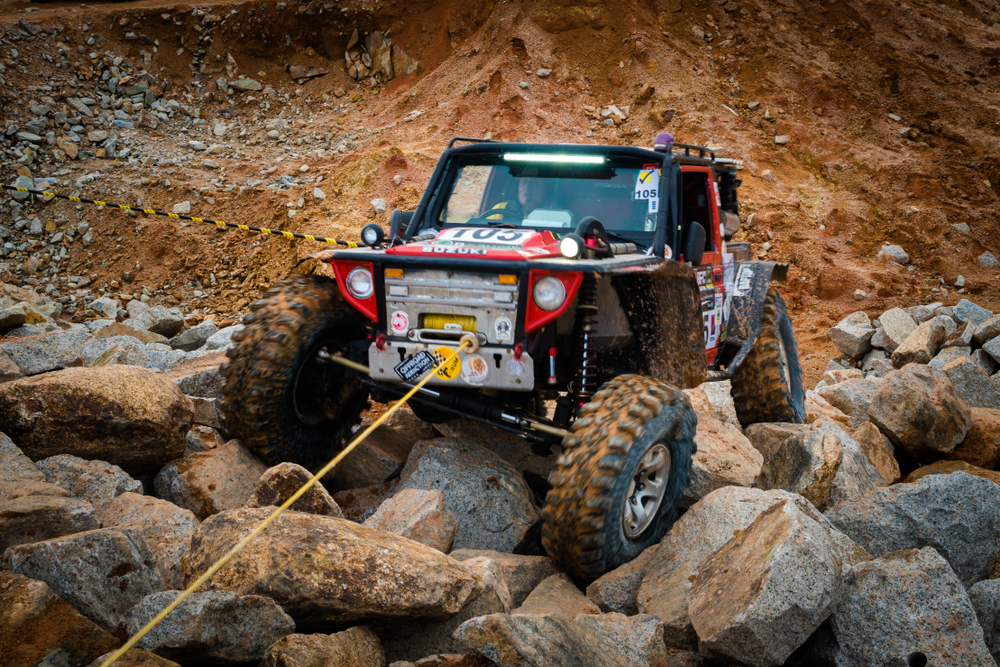
Winching can be dangerous if not done correctly. Always use a tree saver strap to protect trees and anchor points, and never stand close to a taut winch line. Use a winch line damper to reduce the risk of injury if the line snaps. Ensure that your winch is properly rated for your vehicle’s weight and practice safe winching techniques regularly. Safe winching practices prevent accidents and ensure successful recoveries.
Leave No Trace
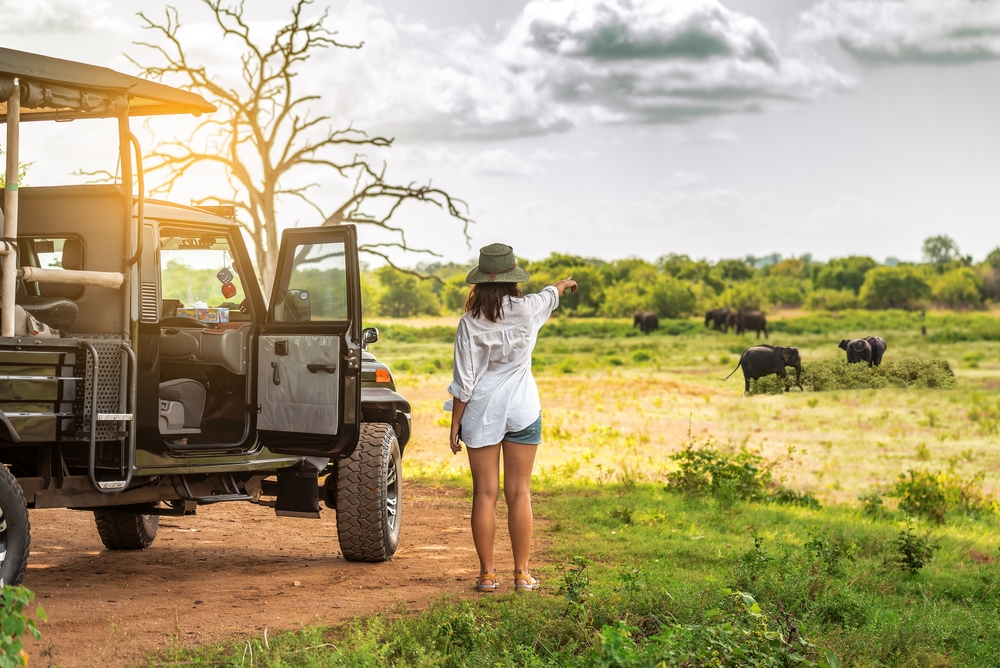
Leaving no trace is crucial for preserving the environment and maintaining access to off-roading areas. Pack out all trash, including biodegradable items, and leave natural features undisturbed. Avoid creating new trails or widening existing ones. Clean up after others if necessary to maintain the integrity of the area. By leaving no trace, you help protect the environment and ensure that off-roading areas remain pristine and accessible.
This article originally appeared on MyCarMakesNoise.
More from MyCarMakesNoise
20 Rare Classic Motorcycles You’ll Never Encounter

Some rare classic motorcycles are so elusive that encountering them in person is nearly impossible. These bikes often had limited production runs, making them incredibly scarce. Read More
20 Mistakes That Reduce Fuel Efficiency in Cars

Several common mistakes can significantly reduce your car’s fuel efficiency. Driving aggressively with rapid acceleration and hard braking consumes more fuel. Read More
20 High-Performance European Sedans That Outshine Sports Cars

Think sports cars are the only vehicles capable of delivering jaw-dropping speed and performance? Think again. European automakers have been crafting sedans that not only offer luxury and comfort but also pack a serious punch under the hood. Read More



